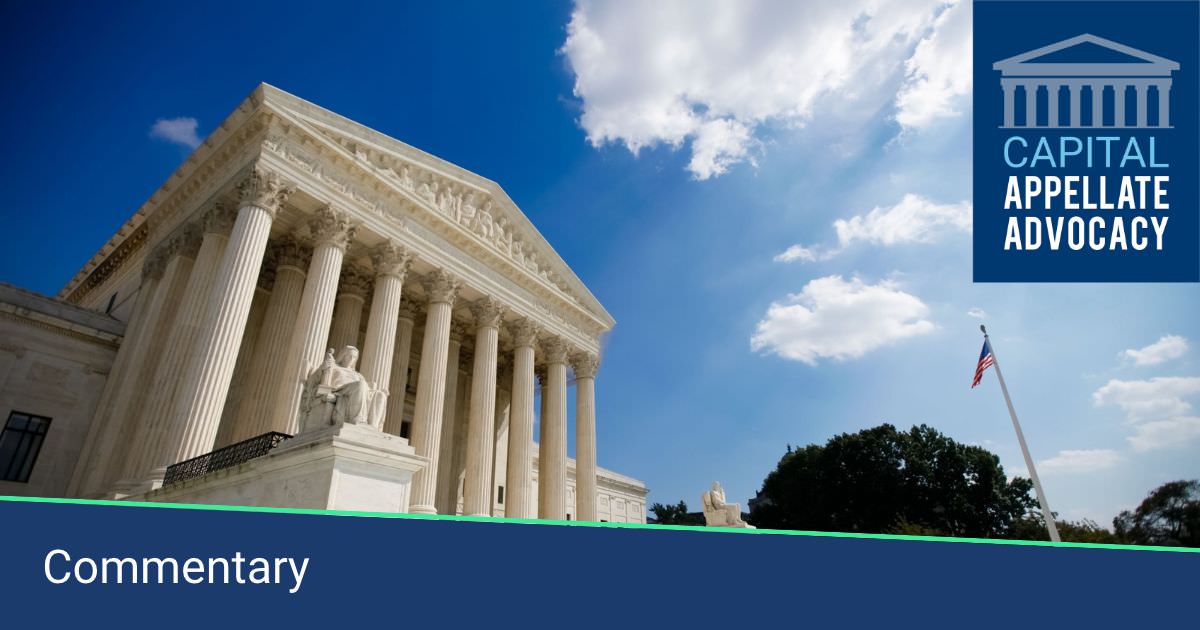In a feature article published on July 14, Bloomberg Law/BNA Federal Contracts Report turned to Capital Appellate Advocacy founder Larry Ebner for insight on “battlefield contractor” immunity defenses and case law growing out of U.S. military operations in Iraq and Afghanistan.
According to Ebner, the D.C. Circuit’s 2009 decision in Saleh v. Titan Corp. is the most far-reaching and influential contractor-on-the-battlefield tort decision of the past 15 years. Saleh, which involved alleged abusive conduct by contractor personnel at Abu Ghraib military prison in Iraq, established a “combatant activities preemption” tort defense. In amicus curiae briefs filed in the Supreme Court, the Solicitor General, on behalf of the United States, has endorsed a broad form of that defense, which protects U.S. military prerogatives when carrying out overseas combat operations. Ebner indicated that because the extent of military control over a contractor has emerged from the case law as a key factor, military contractors should create and maintain contemporaneous records of the nature and extent of military direction over their activities. Ebner has extensive experience representing battlefield contractors at the appellate level.
A copy of the Federal Contracts Report article, entitled “Battlefield Immunity Fights Rage On, CIA Torture Case Show” and written by Daniel Seiden, can be accessed here. The article is reproduced with permission from Federal Contracts Report, 108 FCR 7/18/17. Copyright 2017 by The Bureau of National Affairs, Inc. (800-372-1033)

